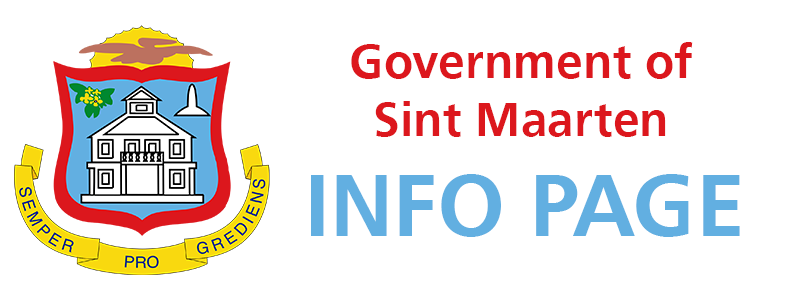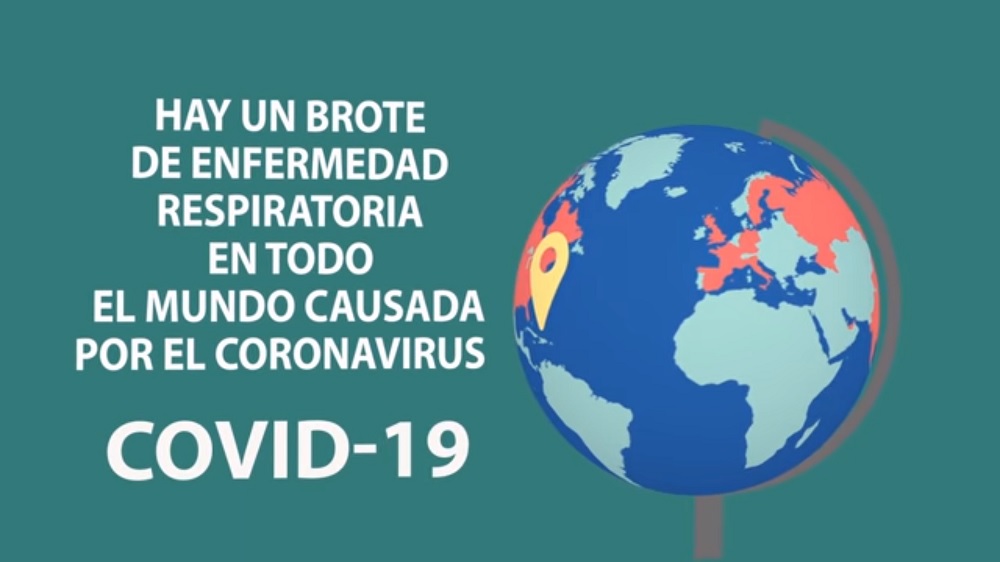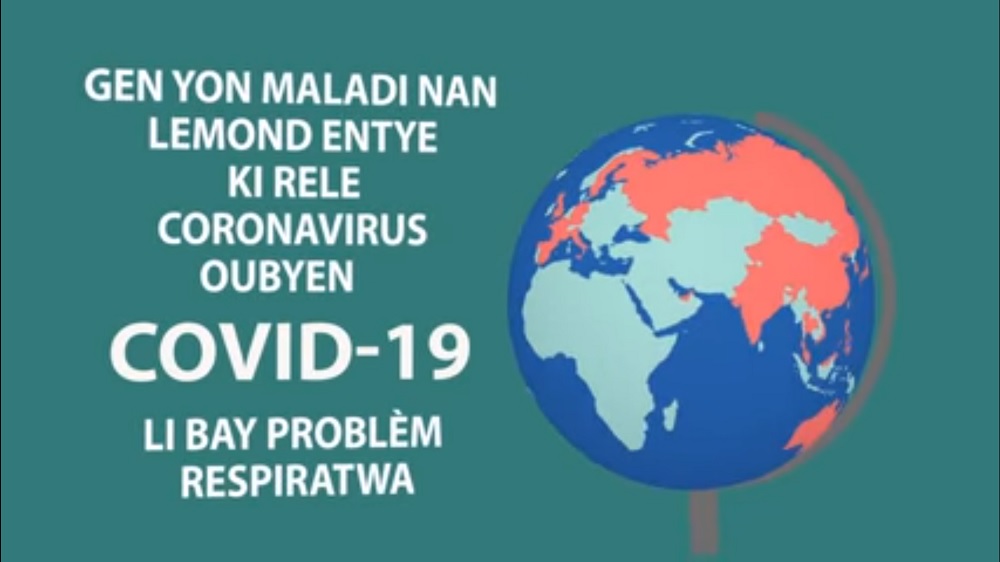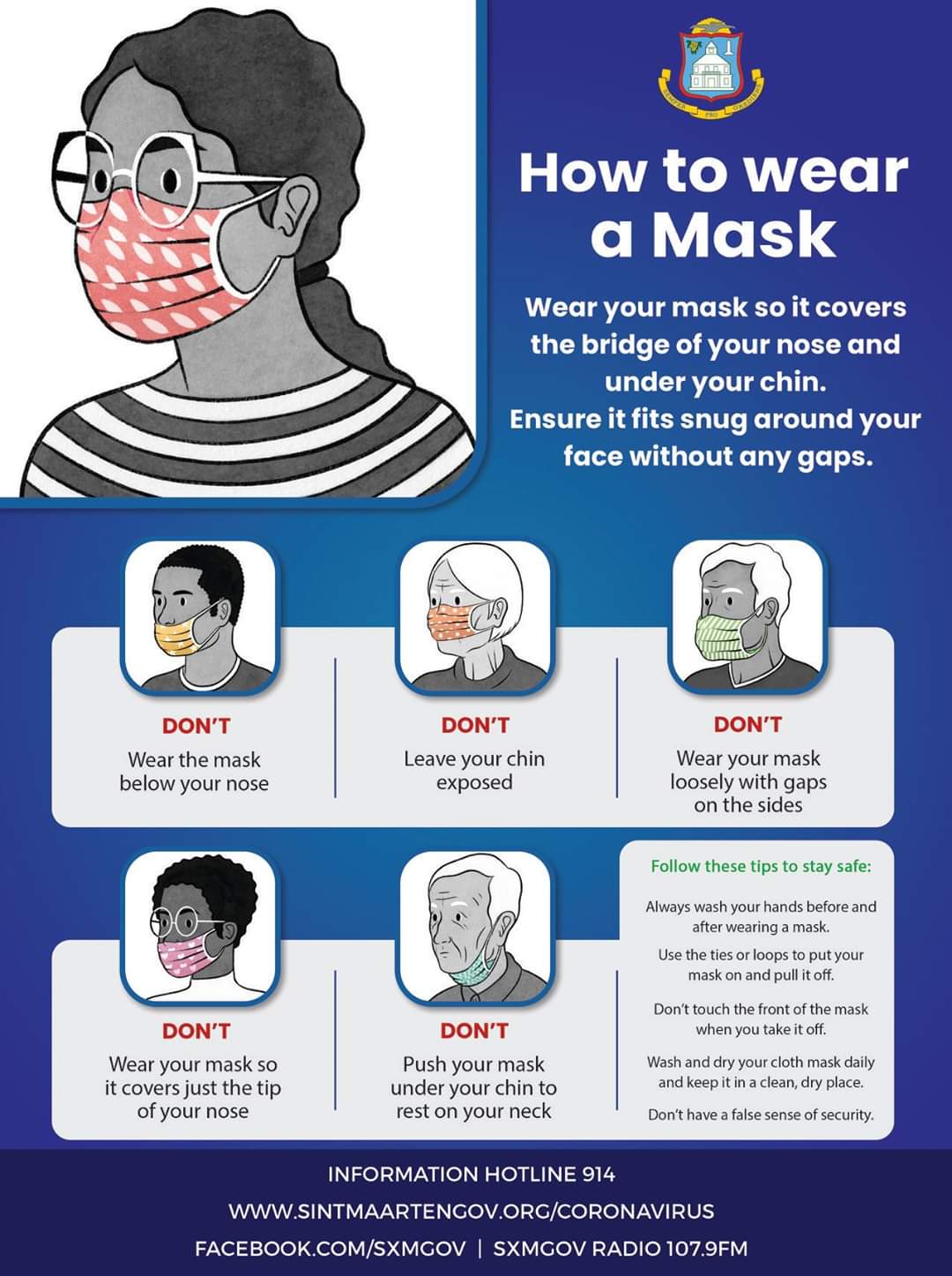Minister Ottley confirms reduction in self- isolation period for asymptomatic persons, in a decision that could help address current staffing issues.
After consultation with CPS and considering CDC?s new guidelines, the Minister of Public Health, Social Development and Labor, Omar Ottley stated that after garnering the necessary information, he has decided to reduce the COVID-19 isolation time to 7 days. Minister Ottley emphasized that it is critical that persons continue to wear well-fitting masks and take additional precautions after leaving isolation or quarantine.
Please note that the new COVID-19 isolation rules do not apply to health care personnel, persons who are immunocompromised or for those with severe to critical illness. It will apply to the general population in the community, including workplaces and schools. Health Care personnel will follow the COVID-19 isolation guidelines implemented in their work place, as their guidelines are dependent on the situation at the time. (E.g. contingency, crisis etc.)
The Minister stated that other countries (UK) have already reduced their isolation period after CDC announced that the isolation period was reduced to 5 days. However, Minister Ottley opted to be on the safe side and reduce the isolation period to 7 days instead, which is a middle point between the previously established 10 days and the newly established 5-day period.
A). Who is not suitable for shorter isolation and quarantine periods?
? Children < 2 years of age and other individuals who are unable to wear a mask.
? People who have moderate or severe illness.
? People who are immunocompromised.
B). Who MUST isolate?
- People who have a positive viral test for COVID-19, regardless of whether or not they have symptoms.
- People with symptoms of COVID-19, including people who are awaiting test results or have not been tested.
- People with symptoms, even if they do not know if they have been in close contact with someone with COVID-19.
Guidelines:
? Isolate for 7 full days from the date of first symptom.
? End isolation if fever-free for 48 hours without the use of fever-reducing medication and if other symptoms have subsided.
After ending isolation:
? Continue to wear a well-fitting mask around others at home and in public.
? Avoid travel until a full 10 days after your first day of symptoms.
? Avoid eating around others at home and at work until a full 10 days after your first day of symptoms.
C). Who does not need to isolate/quarantine?
- People who are up to date on their COVID-19 vaccines.
- People who had confirmed COVID-19 within the last 90 days
Guidelines:
? Wear a well-fitting mask around others for 10 days from the date of last close contact with someone with COVID-19 (the date of last close contact is considered day 0)
? Get tested at least 5 days after close contact with someone with COVID-19. If test is positive or you develop symptoms, they must isolate.
D). For persons who are unvaccinated or have not been fully vaccinated:
- Stay home and away from other people for 10 days after last contact with a person who has COVID-19. The date of your last close contact is considered your start date.
- Continue wearing a well-fitting mask when around others.
- For 10 days after last close contact with someone with COVID-19, monitor for COVID-19 symptoms.
- If symptoms develop, get tested immediately and isolate until test result have been received.
- If test is positive, follow isolation recommendations.
- If symptoms do not develop, get tested at least 5 days after you last had close contact with someone with COVID-19.
- If the test is negative, you can stop quarantine, but continue to wear a well fitting mask until 10 days after your last close contact.
- If you are unable to get tested, you can stop quarantine after day 10 if symptom-free throughout the 10 day period, and you should continue to wear a well-fitting mask when around others at home or in public. End isolation if fever-free for 72 hours without the use of fever-reducing medication and if other symptoms have subsided.
Minister Ottley ended by stating that these changes facilitate individual social and well-being needs, return to work, and
maintenance of critical infrastructure and the economy. Shorter isolation/quarantine periods focus on the period when a person is most infectious and continuation of layered prevention strategies are key to preventing COVID-19 and decreasing transmission within the community.










